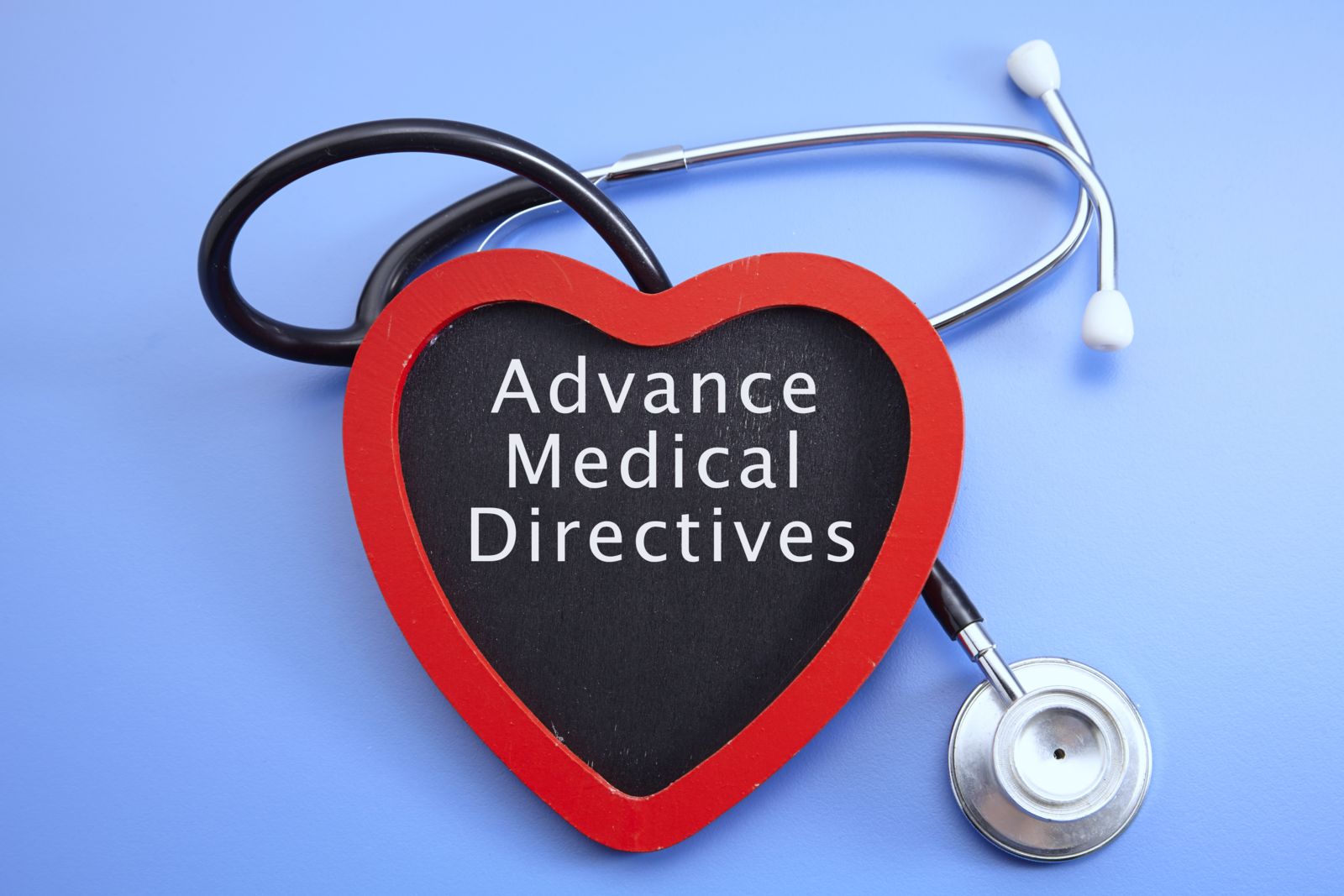Blog
6 Things to Know About Health Care Directives And Living Wills
If you’re like most people, thinking about who you want making medical decisions for you in the event you become incapacitated is not likely very high on your list of things to do. It’s a very difficult thing to contemplate, and even more difficult to discuss with those closest to you. However, planning ahead and making sure your loved ones are aware of your wishes can make a world of difference.
In my experience, one of the things that tends to prevent people from embarking down this path is that they aren’t sure what they need to do first. In an effort to provide a starting point for the discussion, the following are answers to some of the most frequently asked questions I receive on Health Care Directives and Living Wills.
1. What does a Health Care Directive and Living Will do?
A Health Care Directive (“HCD”) appoints a person (“health care representative”) to make medical decisions for you if you are unable to make such decisions for yourself.
A Living Will sets forth your wishes regarding receiving life sustaining medical treatments. More specifically, a Living Will says that you do not wish to receive certain life sustaining treatment (e.g. CPR, respirators, feeding tubes, etc.) if you do not have very long to live. A few of my clients refer to the Living Will more affectionately as the “pull the plug” provision. A Living Will is commonly included within your HCD. Thus, even if you have a HCD and a Living Will, they may both be contained within the same document.
It is important to be aware that simply having a Living Will does not mean doctors will refuse to save your life in any situation. A Living Will only comes into play in very dire circumstances (e.g. terminal illness or permanent unconsciousness). As long as there is a chance of recovery, the doctors will do everything in their power to save your life.
2. What is the difference between a Will and a Living Will?
Given the very similar terminology, many people are not aware that a Will and a Living Will are two entirely separate documents that accomplish very different objectives. As explained above, a Living Will sets forth your wishes regarding life sustaining medical treatments. A Will (a.k.a. Last Will and Testament) directs where your assets will pass upon your death.
3. Isn’t my spouse the default decision maker for medical decisions?
If you have not appointed a health care representative under a Health Care Directive (“HCD”), your spouse does not automatically become the default decision maker. Under Connecticut law, if you have not appointed a health care representative, and you are unable to make medical decisions for yourself, a decision maker (“conservator”) must be appointed by the probate court. It is possible that the court will ultimately appoint your spouse as conservator should this situation arise, but there is no guarantee. The only way to ensure the appointment of a decision maker of your choosing, whether it be a spouse, child, etc., is to have a HCD.
4. Why do I need a health care directive? I’m healthy.
The best time to prepare a HCD is while you are healthy and don’t need it. Put another way, HCDs are commonly used during a time of crisis, such as after a car accident or development of a debilitating illness (e.g. Alzheimer’s). In the midst of such a crisis, you may not have the physical or mental ability to sign a HCD. To avoid this type of situation, my recommendation is to plan now. Sign a HCD, bring it home, and file it away. Then, if tragedy does strike, all you or your loved ones will need to do is pull the HCD out of the drawer.
5. Does my Living Will or HCD ever expire?
No. Unlike the milk in your refrigerator, these documents do not have an expiration date. They are good forever. However, it is not uncommon for health care providers to be reluctant to accept these documents if they were signed many years ago. So the documents do not expire, but they can become “stale.” To avoid staleness issues, it is not a bad idea to have updated versions of these documents prepared (even if nothing in the documents is changing) every four to five years.
6. Do I need to tell my spouse or children that I’ve appointed them as my health care representative?
No. You are not required to disclose the information or copies of the document itself to anyone. It is a good idea, though, to (1) make your chosen representatives aware that you have appointed them to serve in this capacity, and (2) let your representatives know where you will be storing your HCD so they can locate it if they need it. Additionally, it is a very good idea to have a heart-to-heart discussion with your representatives to make sure they are clear on what your wishes are. Providing a copy of the document to your physician may also be helpful in this regard.
Planning for your own incapacity is not an easy thing to do, but by failing to plan you may be planning to fail. By thinking ahead and preparing documents such as a Health Care Directive and a Living Will in advance, you can ensure that your wishes regarding your own medical treatment will be followed. If you would like to discuss preparing these or other estate planning documents, please contact me at 860-812-0433 or apoirier@kkc-law.com.
